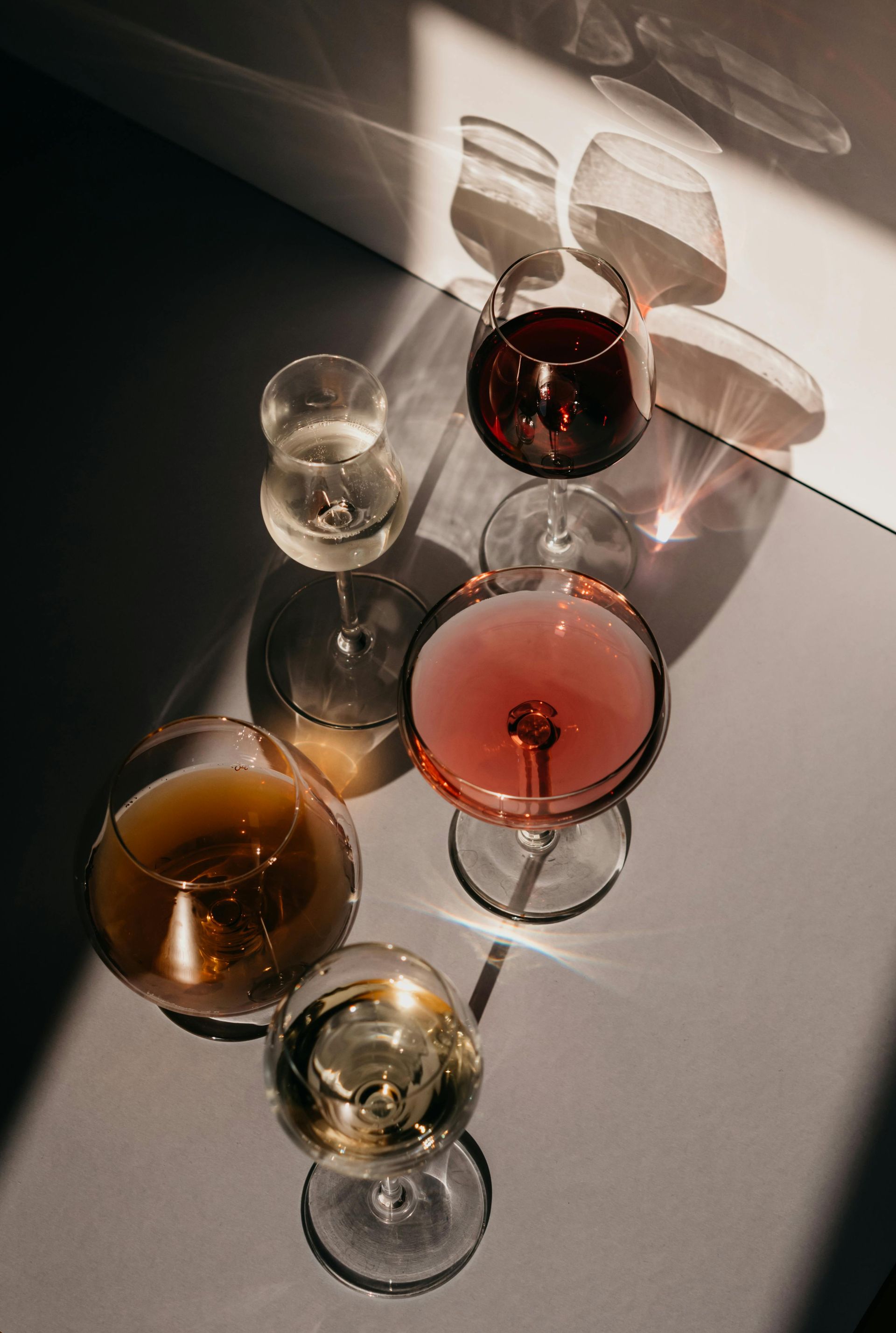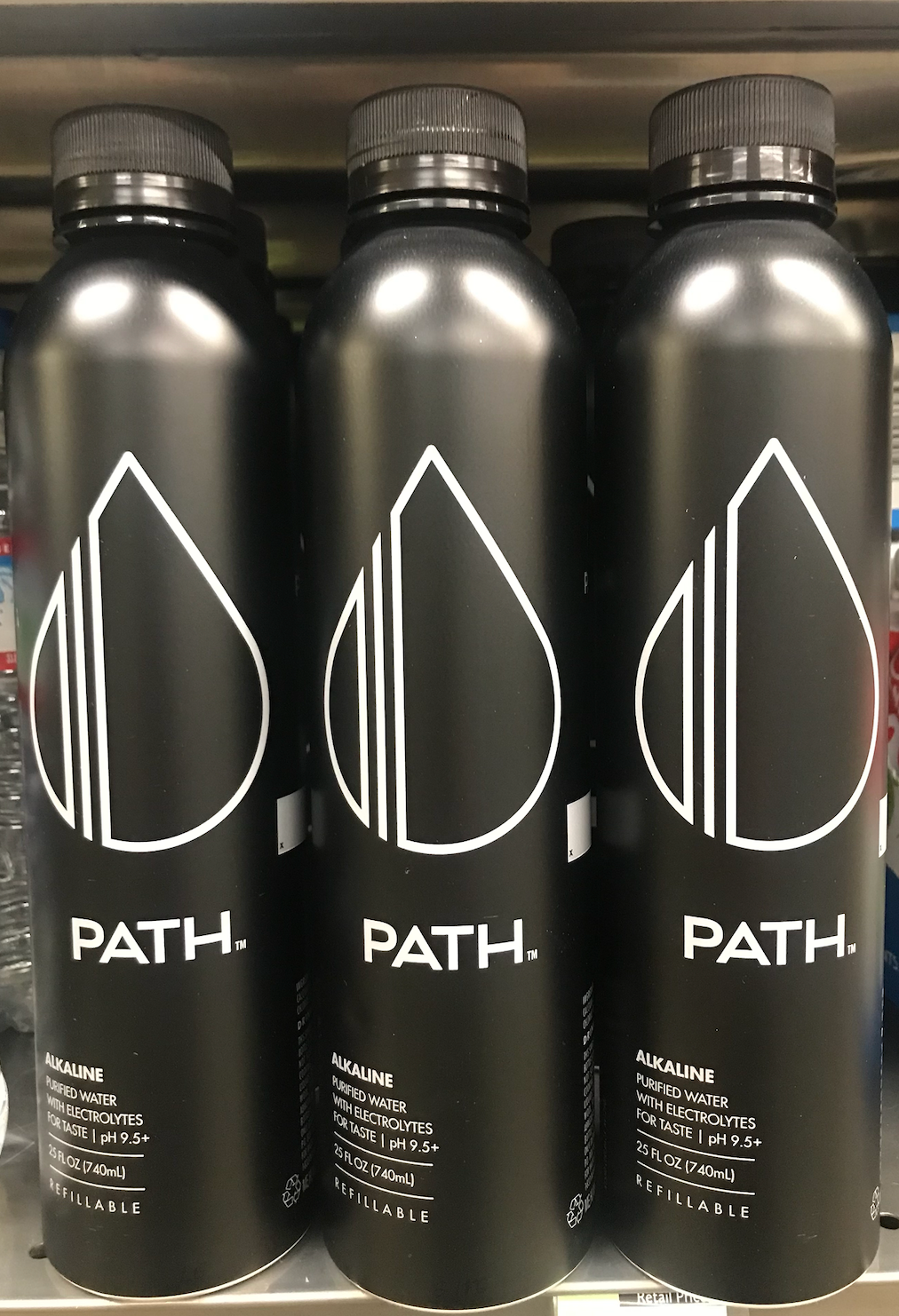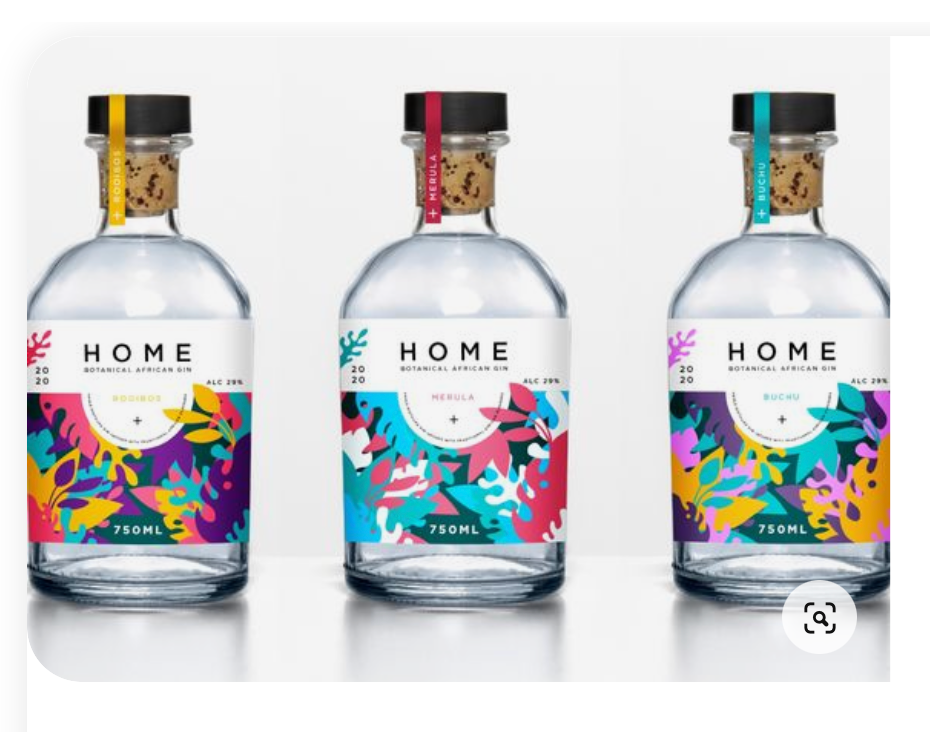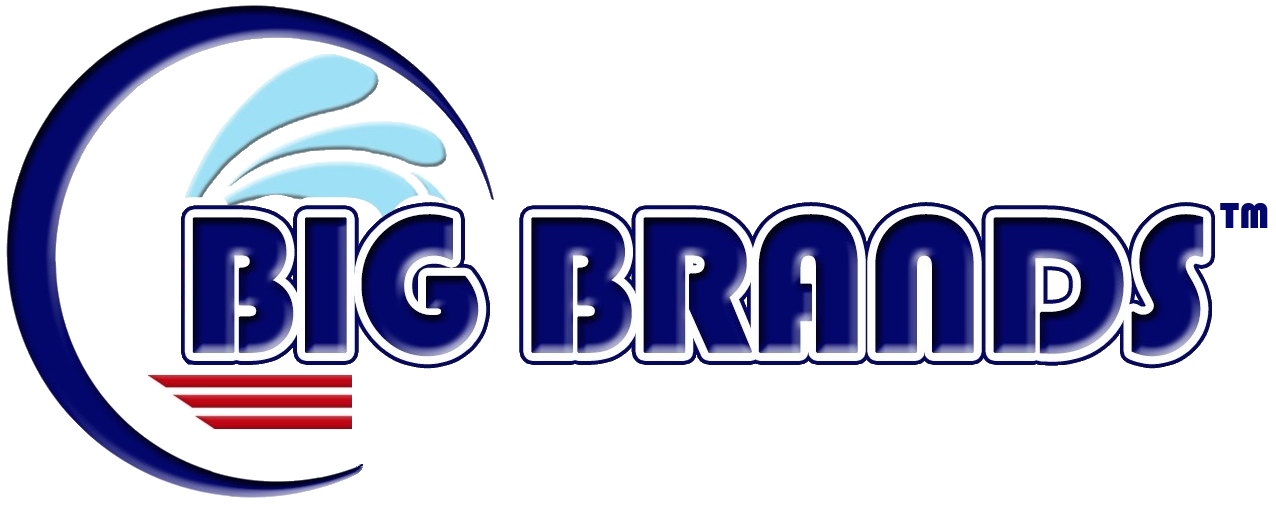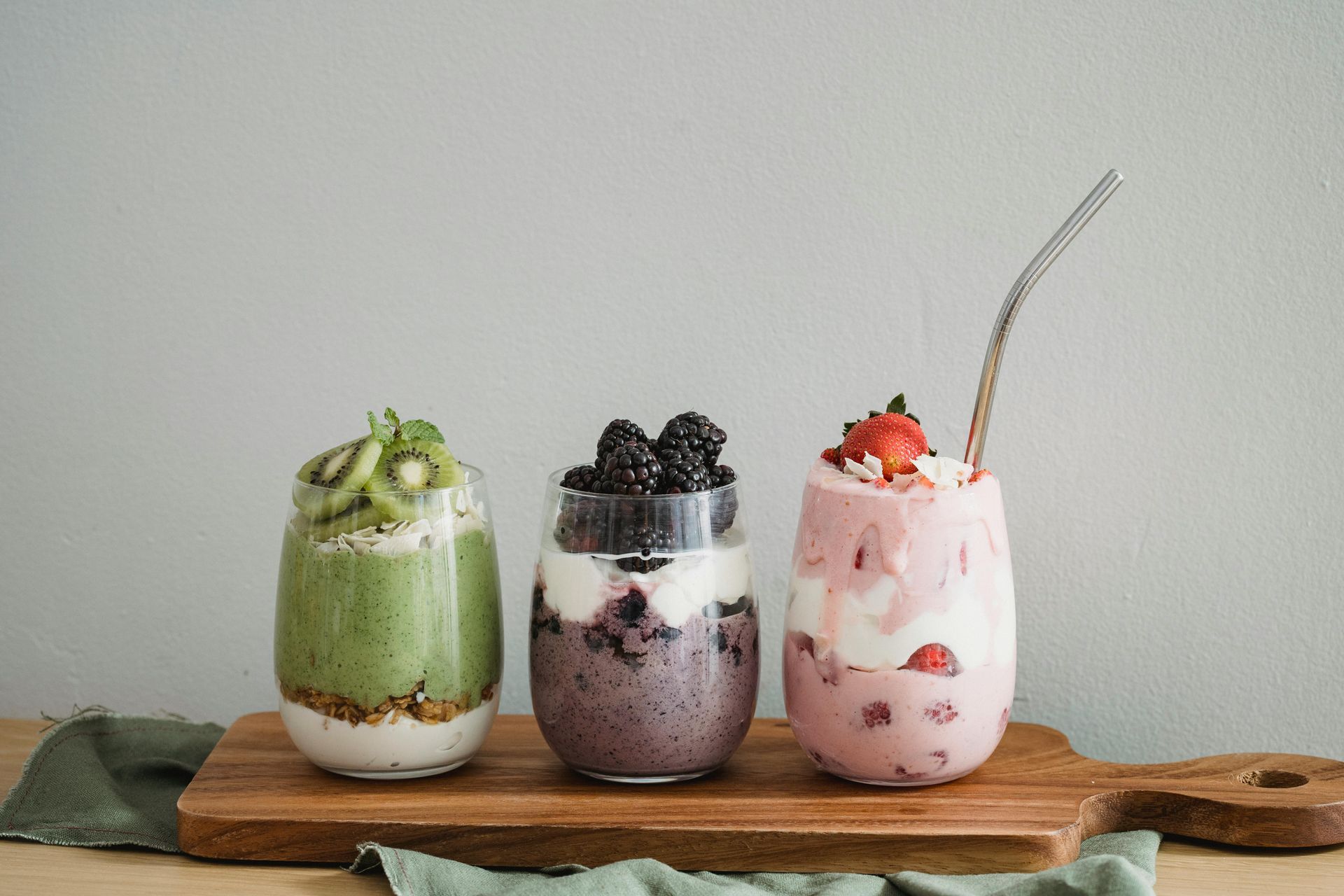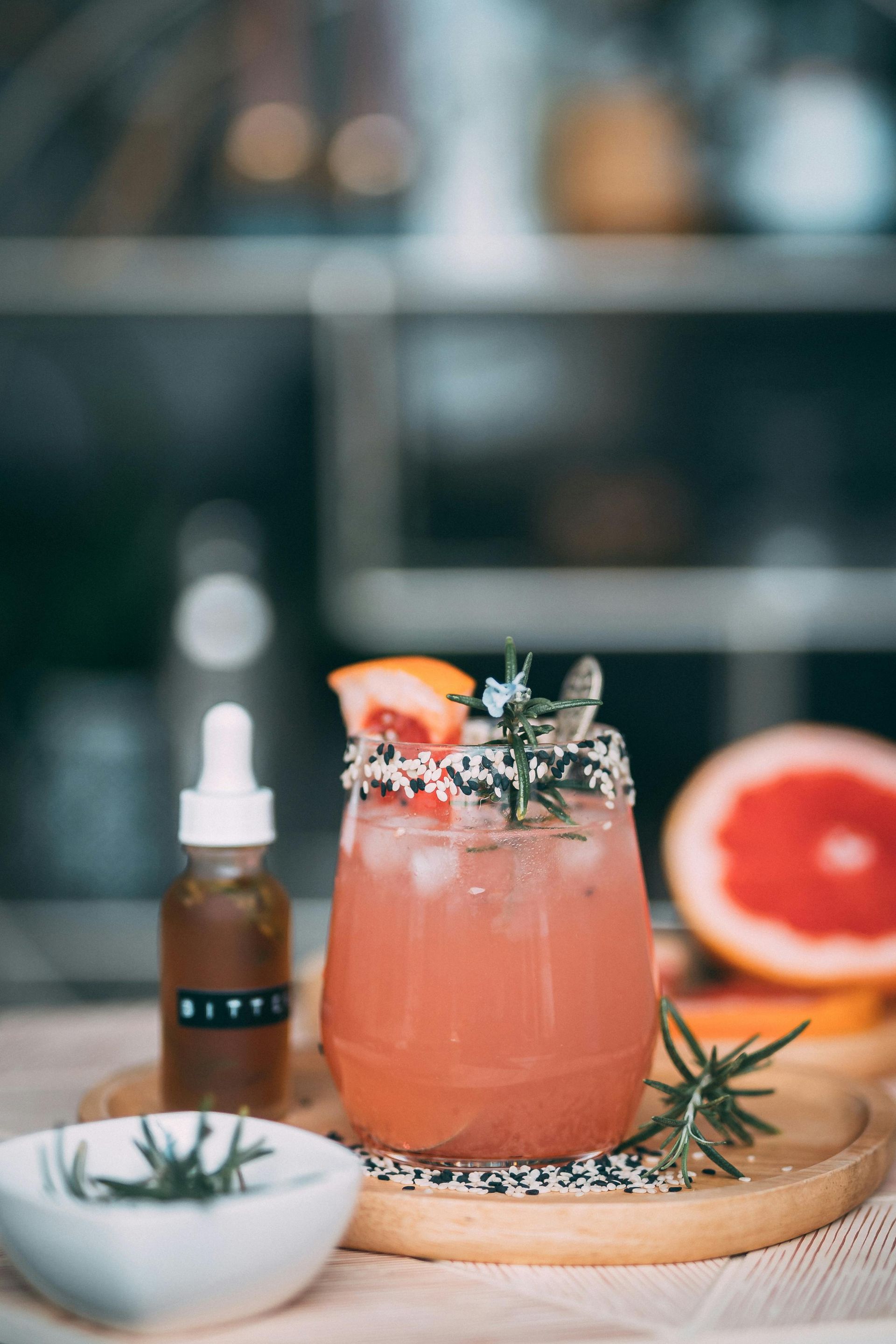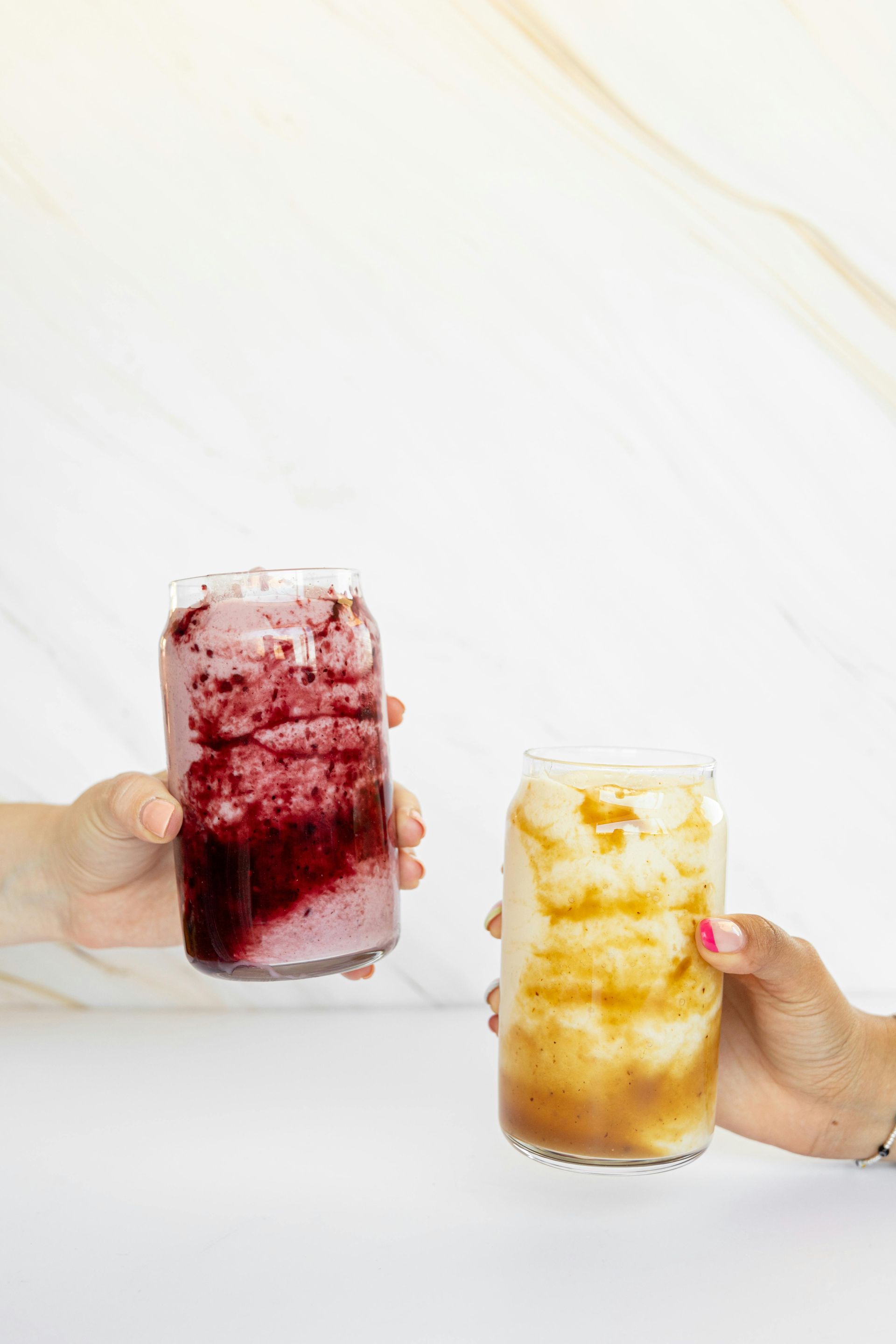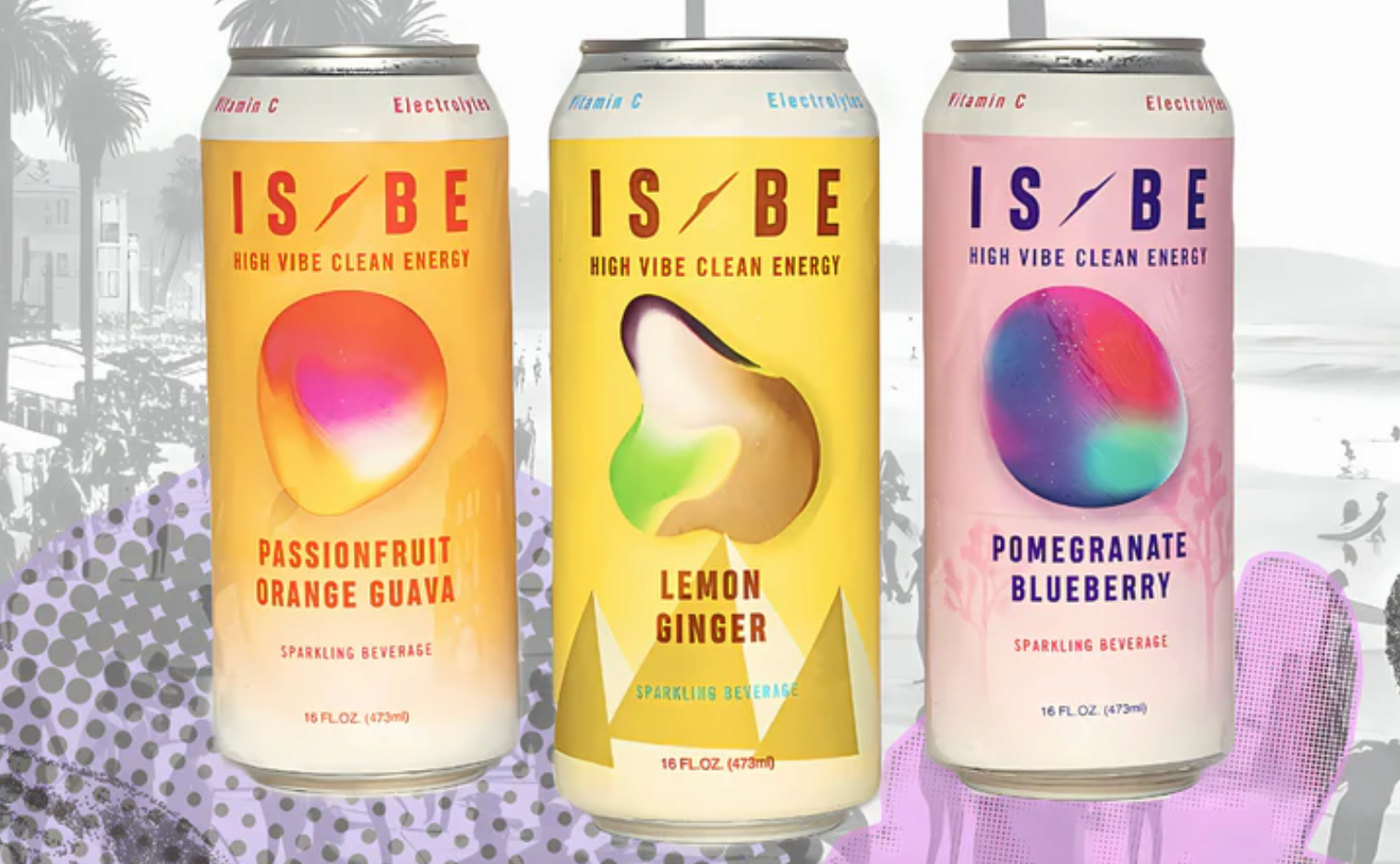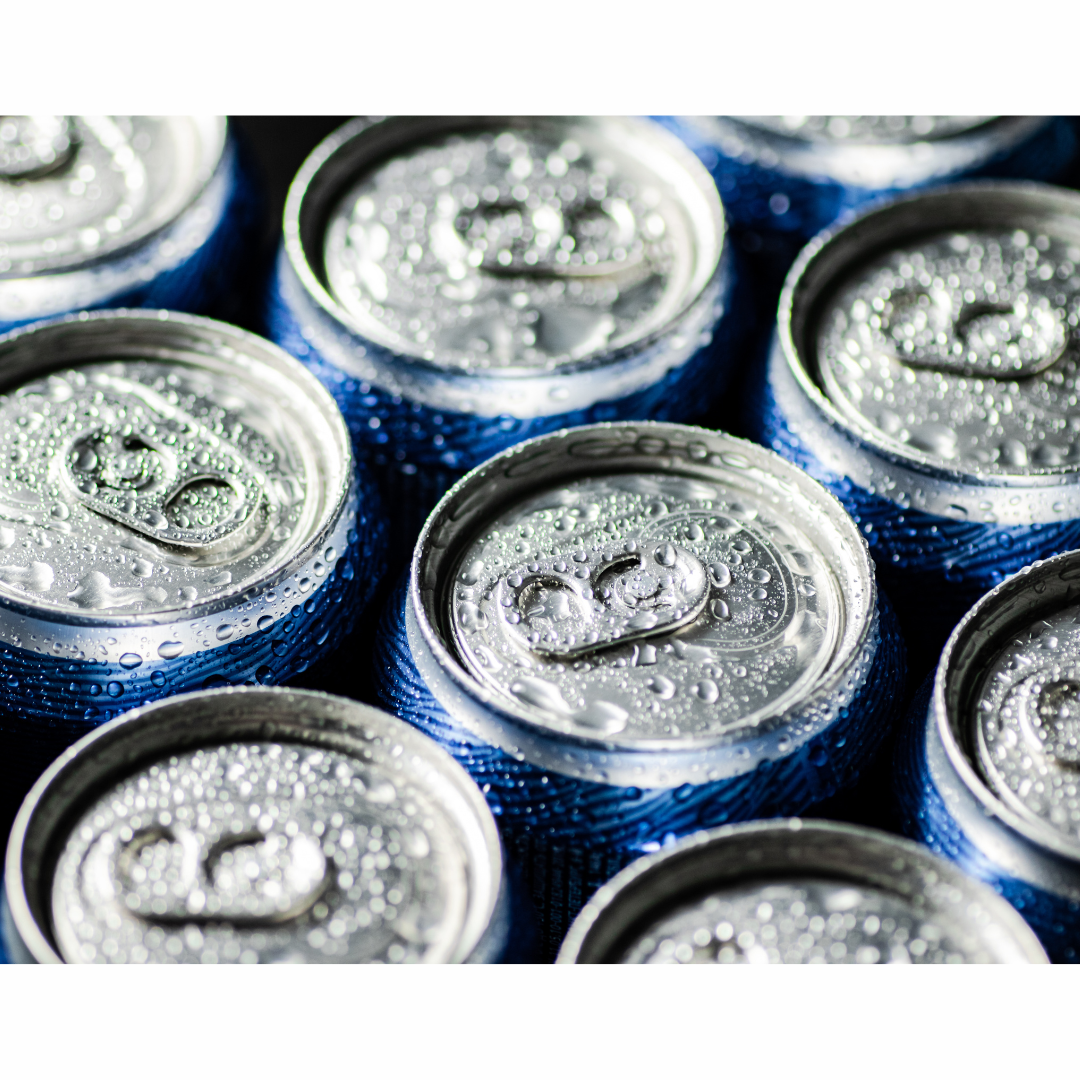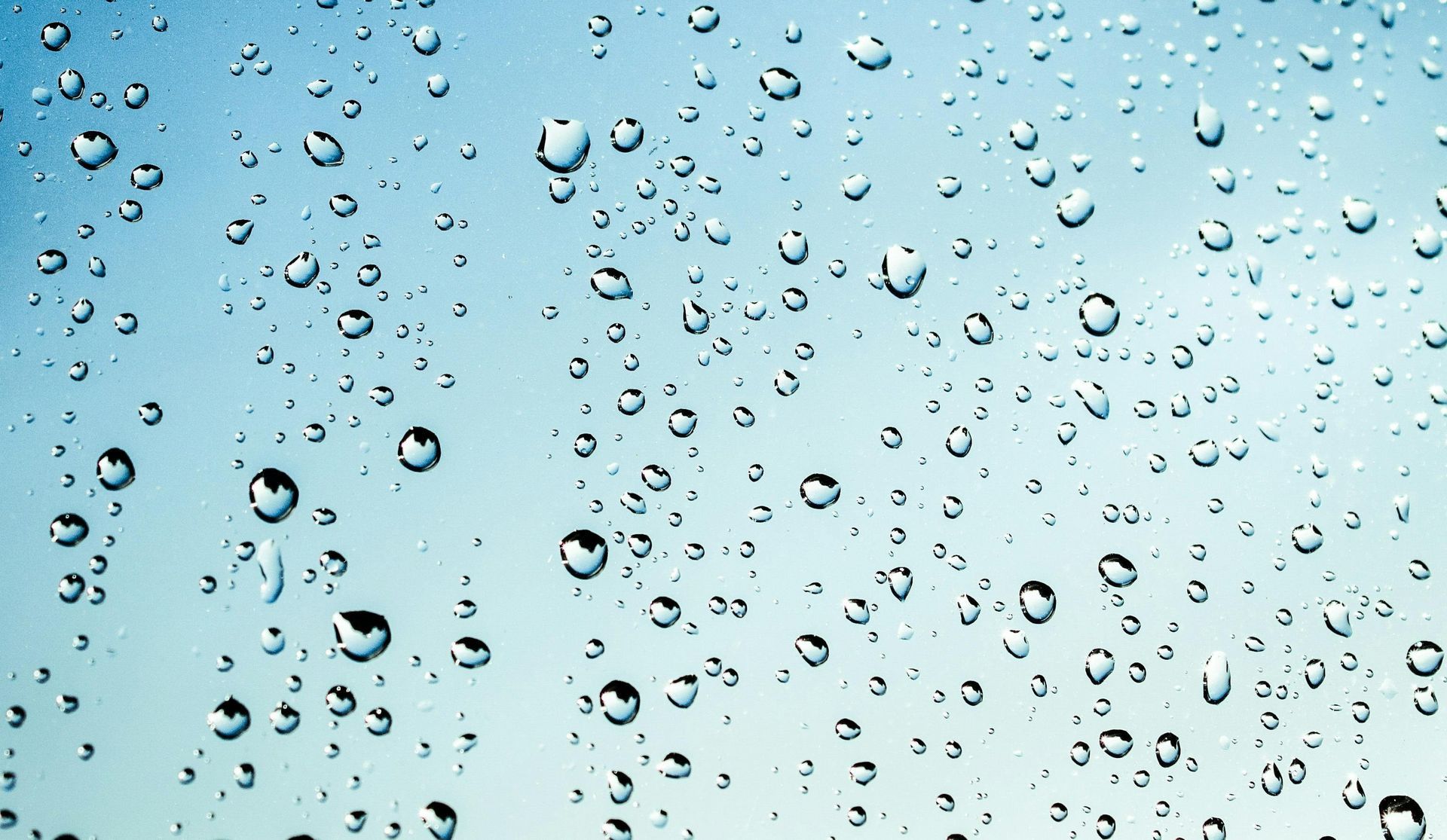The Basics of Beverage Manufacturing and Beverage Formulation
Understanding Beverage Manufacturing and Beverage Formulation Terminology
In beverage formulation and beverage manufacturing, there are several specialized terms that refer to various ingredients, processes, and techniques. These terms are used to describe the components, methods, and quality control procedures in the creation of drinks. Here are some common terms:
Ingredients and Additives:
- Base: The primary liquid or mixture that forms the bulk of a beverage, often water, juice, or tea.
- Flavoring: Natural or artificial substances added to provide a particular taste or aroma to the beverage.
- Sweetener: Ingredients used to add sweetness to a beverage, such as sugar, high fructose corn syrup, or sugar alcohols (e.g., sorbitol, stevia, aspartame).
- Acidulant: An ingredient that provides acidity or tartness to balance sweetness, such as citric acid, malic acid, or phosphoric acid.
- Preservative: Substances that inhibit the growth of microorganisms to extend shelf life, like sodium benzoate, potassium sorbate, or citric acid.
- Emulsifier: A substance that helps blend ingredients that don’t naturally mix, such as oils and water, e.g., lecithin.
- Stabilizer: A substance that helps maintain the uniformity or consistency of the beverage, preventing separation or crystallization.
- Colorant: Natural or synthetic substances used to add color to beverages, such as beet juice powder or artificial dyes (e.g., Red 40).
- Fortifying Agent: Ingredients added to enhance nutritional value, such as vitamins, minerals, or protein.
- Extracts: Concentrated substances derived from plants or fruits to impart flavor, such as vanilla extract, herbal extracts, or fruit juice concentrates.
Ingredients and additives are normally part of the beverage formulation process.
Processes:
- Pasteurization: A heat treatment process that kills or inactivates harmful microorganisms in beverages, typically at temperatures between 60°C to 85°C (140°F to 185°F).
- Homogenization: A mechanical process that breaks down fat molecules in milk-based or creamy beverages to ensure uniformity and prevent separation.
- Carbonation: The process of dissolving carbon dioxide (CO₂) into a beverage to create effervescence or fizziness, commonly used in sodas and sparkling waters.
- Filtration: The removal of particulate matter, microorganisms, or impurities from the beverage using various filtration methods (e.g., membrane filtration, activated carbon).
- Microencapsulation: A process that involves coating an ingredient (like flavoring or vitamins) with a protective layer to control its release and stability in the beverage.
- Fermentation: A metabolic process used in alcoholic and some non-alcoholic beverages, where yeast or bacteria convert sugars into alcohol, acids, or gases.
- Cold Pressing: A juice extraction technique that uses hydraulic pressure instead of heat to retain more nutrients and flavor.
- Blending: The process of mixing different ingredients or beverage components to create a uniform product.
- Aseptic Processing: A method of sterilizing beverages and packaging them in a sterile environment to extend shelf life without refrigeration.
Beverage process terminology is used in beverage formulation and beverage manufacturing. It's important to determine the beverage processes when working on the formulation of your beverage product. Once the formulation expert has determined the beverage processes used, the beverage manufacturing team will make your product based on the beverage process above and beverage requirements.
Quality Control and Testing:
- Brix: A measurement of the sugar content in a liquid, expressed as a percentage by weight. Commonly used in fruit juices and soft drinks.
- pH Level: The measure of acidity or alkalinity in the beverage. Beverage pH can impact taste and shelf life.
- Viscosity: A measure of the thickness or flow resistance of a liquid, important for texture and mouthfeel in beverages like smoothies, dairy drinks, and syrups.
- Turbidity: The cloudiness or haziness of a beverage, which may be caused by particles or microorganisms in suspension.
- Sensory Analysis: A method of evaluating the sensory characteristics (taste, smell, color, texture) of a beverage through human perception.
- Shelf Life: The length of time a beverage remains stable, safe, and of acceptable quality under specific storage conditions.
- Microbiological Testing: The process of testing for the presence of harmful bacteria, yeasts, molds, or pathogens in the beverage to ensure safety.
- Standardization: The process of adjusting the formulation or production process to ensure consistency and uniformity in flavor, texture, and appearance.
- Packaging Integrity: Ensuring that the packaging is sealed, durable, and free from defects to prevent contamination and preserve quality.
Beverage Manufacturing and Equipment:
- Blender: A machine used to mix and combine ingredients in beverage production, especially for smoothies, juices, and other emulsified drinks.
- Filler: A machine used to fill containers (bottles, cans, etc.) with the finished beverage.
- Capping/Sealing: The process of sealing bottles or containers to ensure that the beverage remains free from contamination.
- Tunnel Pasteurizer: A system used to heat and cool beverages rapidly for pasteurization purposes.
- Filling Line: The assembly line of machines used in the bottling and packaging process, including filling, capping, labeling, and sometimes packaging.
Beverage Types:
- RTD (Ready-to-Drink): Beverages that are pre-packaged and ready to consume without further preparation.
- Functional Beverages: Drinks designed to offer health benefits beyond basic nutrition, such as energy drinks, sports drinks, or probiotic beverages.
- Non-Alcoholic Beverages: Drinks that do not contain alcohol, including juices, sodas, teas, and functional waters.
- Soft Drink: A sweetened, flavored non-alcoholic beverage, typically carbonated.
- Hard Drink: A beverage that contains alcohol, such as beer, wine, or spirits.
- Concentrate: A highly concentrated form of juice, flavor, or other beverage components that can be diluted before consumption.
Understanding beverage manufacturing and beverage formulation terms can help with designing, producing, and ensuring the quality of a wide range of beverages. The beverage formulation process often involves balancing various beverage ingredients, techniques, and quality standards to meet consumer preferences and regulatory requirements.
